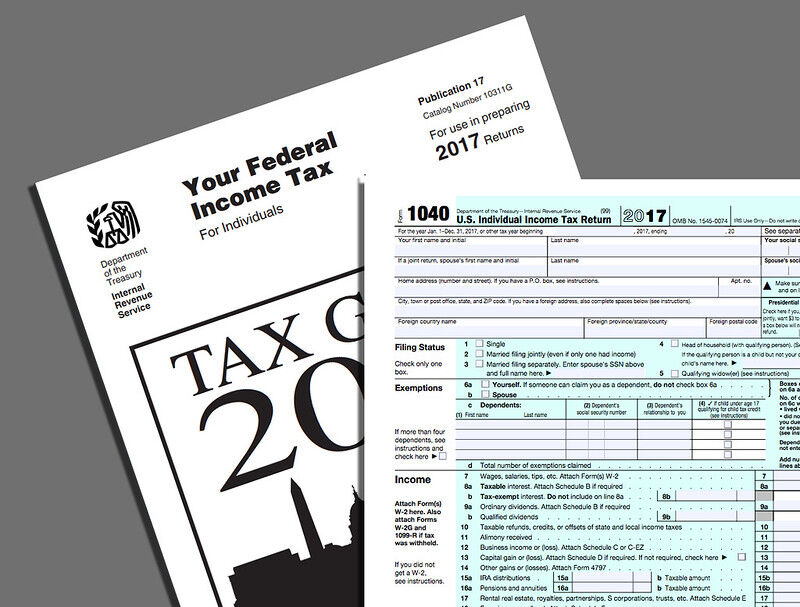Many Americans look forward to a significant income tax refund each year and may be eager to file their tax returns as quickly as possible. Before rushing to your computer or your tax preparer, consider these tips from Barb Wollan, a human sciences specialist with Iowa State University Extension and Outreach.
“Filing your tax return too early creates the risk that you may not have included all the necessary information on your return,” said Wollan.
It is not uncommon for people to file early and then a month later receive an extra W-2 or 1099 form that they had forgotten they should expect. Most income documents do not have to be mailed until Jan. 31 and some investment income documents are allowed to be mailed even later. Wollan urges consumers to be cautious about filing their return before Feb. 1 or even Feb. 8 because they may receive more documents after those dates.
“If you choose to file in late January or early February, think carefully about every job and every type of income you had in 2023. It is easy to forget about a short-term or seasonal job that you left eight to10 months ago,” Wollan said.
Each year the IRS sets a date when it will begin receiving tax returns electronically, typically around Jan. 20, Wollan noted. Seeing your tax preparer before that date does not get your return submitted early.
Filing a paper return is not an advantage because paper returns are always much slower to be processed.
“These days, the only people who should file a paper return are those with unusual circumstances that prevent them from filing electronically,” Wollan said.
In addition, the IRS is legally prohibited from issuing any tax refunds that contain the Earned Income Tax Credit or the Additional Child Tax Credit until Feb. 15. In many situations, refunds over $1,000 include one of those credits, so they will not be issued until that date. Taxpayers filing earlier gain only a slight advantage in timing: they may be first in line, but they still need to wait until Feb.15 at the earliest for their refunds to be issued.
Some tax firms may offer what they call a quick refund, by which they pay the money to you as a loan the day after your return is submitted. Then, when the IRS pays the actual refund, it is paid directly to the tax firm as repayment of the loan. This usually involves a fee, and it also involves real risks.
“If your tax refund was calculated incorrectly, or if part or all of your refund is held back by the IRS to cover some debt you owe – such as back taxes, back child support or other debts – then the tax firm will require you to repay the loan,” Wollan explained.
People who meet guidelines for amount and types of income may qualify to have their tax return prepared and filed for free at a Volunteer Income Tax Assistance site by IRS-certified volunteers. To find a free site near you, call 211 or search the IRS website for VITA.
Wollan said there also are options that allow you to prepare your own tax return (federal and state) for free if your income is below about $70,000. Email [email protected] to learn how to access the same software used at VITA sites, with support for answering tax law questions also provided. Or go to www.irs.gov and search for FreeFile to access software that you can use for free.




